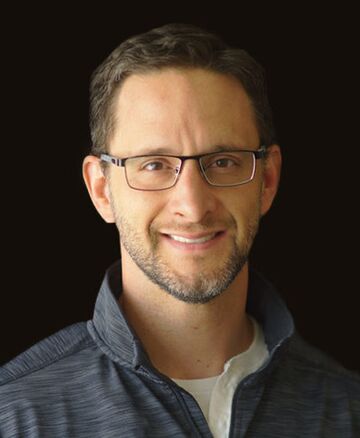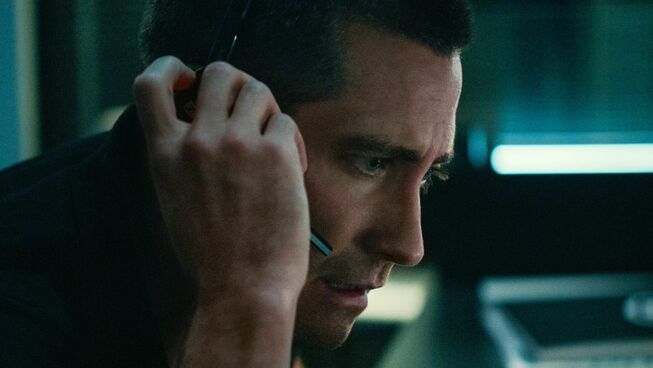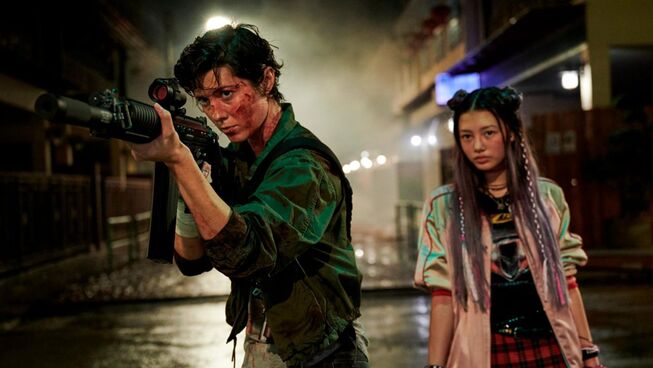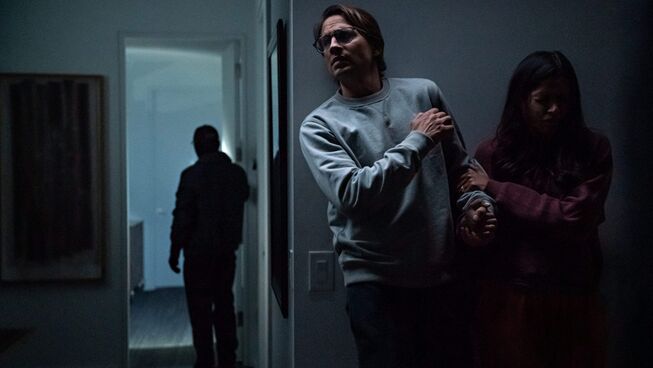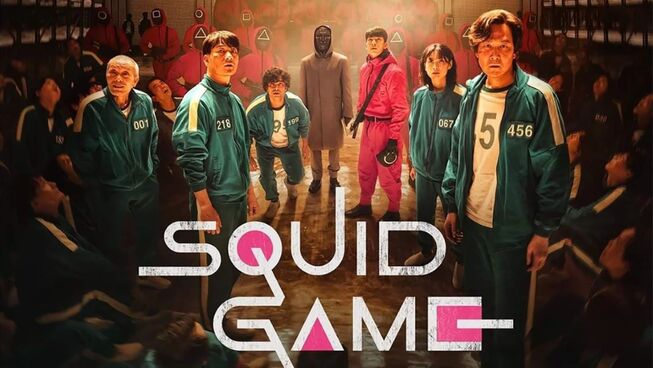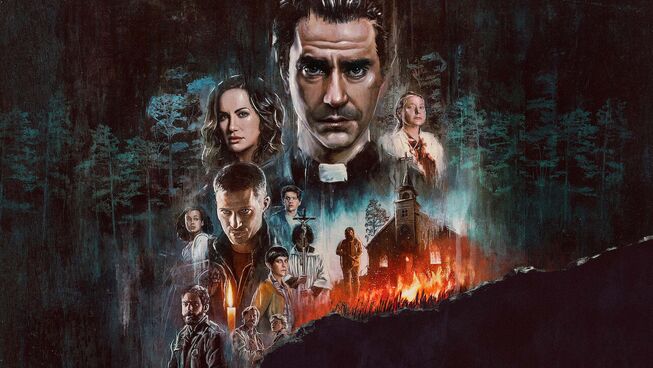
3.5 of 5 Stars
Mike Flanagan has carved out a prestigious corner for himself in the modern suspense/horror genre. With early hits like Hush and Gerald’s Game, Flanagan cemented his status as go-to-suspense/horror-master with The Haunting of Hill House, the well-received Doctor Sleep and now his personal masterpiece Midnight Mass. The writer/director’s expertise is on full display with his well-earned jump scares and atmospheric dread. Still, the tightly crafted story offers a uniquely humanistic hopefulness.
Midnight Mass has to be the series creator's most personal story to date. Strange things begin to happen in the isolated fishing community of Crockett Island, when a charismatic young priest shows up to replace the long-standing Mongsenior of the lonely Catholic Church. At the forefront of this story stands the collision of faith and trauma and how the characters respond. Yet, simmering just beneath the surface is something more sinister.
Crockett Island contains characters from Christian, Muslim, Agnostic, Atheist and Humanist backgrounds. Each prove to be fully authentic and realised, giving us some of the most engaging, honest, intense, and theologically driven conversations ever put to film. Exposing the nature of existence and the reconciliation of faith and suffering. This series contends with many of today's most significant issues by asking whether God works in “mysterious ways” and how an all-powerful, all-good God can allow pain and suffering. Father Paul (Hamish Linklater) and Riley Flynn (Zach Gilford), offer the bulk of our discussions. On both sides of the aisle, the conversations are honest, heartfelt and intelligent but not entirely fair.
With all of the conversations about existentialism, worldviews and theology, it seems Flanagan intends to give every view a fair shake in the discussion. Yet, it’s religion in general and Christianity, in particular, that is consistently propped up next to and guilty of committing the darkest sins of the series. Though the man behind the camera may never condemn Christianity outright, it’s clear that, in Flanagan’s view. Precisely that the Christian worldview cannot deliver the hope it has historically promised. Instead, his alternative position is that our hope should be in ourselves and each other. This humanistic hopefulness has defined much of Flanagan’s storytelling career. Unfortunately, it is a hope that, to many, will ring hollow.
Flanagan is an undeniable master of his craft. One bone to pick is that conversations often devolve into monologues. Yet, this may be impossible to avoid considering the nature of the discussion. However, the story structure, foreshadowing, acting, screenplay, suspense, mystery, intrigue, soundtrack and dialogue are all next level. Everything Flanagan sets up is carefully paid. There are zero loose threads and no dead ends on Crockett Island. It’s impressive how intricately woven his story is and how satisfying some of the conclusions can be.
Yet, the empty ring of humanistic hope holds Midnight Mass back from being a great series. Respected theologian Malcolm Mugridge made this keen observation about humanity, “The depravity (sinfulness, brokenness) of man is at once the most empirically verifiable reality but at the same time the most intellectually resisted fact.” This message comes up against the writings of Flanagan. He wants us to find hope in ourselves, while he simultaneously shows us why we can not ultimately place our hope there through his own show.
Titus 2:13 … waiting for our blessed hope, the appearing of the glory of our great God and Saviour Jesus Christ, who gave himself to redeem us
The hope of Christian faith holds that the same God who fulfilled his promise to come once through Jesus Christ the Messiah. He is the same God who promises he will come again to rescue us from this broken world of sin. It is not an empty hope, but one that he has already fulfilled once and promises he will do it again.
If you want to learn more about this hope, check out the gospel of Matthew or Paul’s letters to the Thessalonian church in the New Testament.
